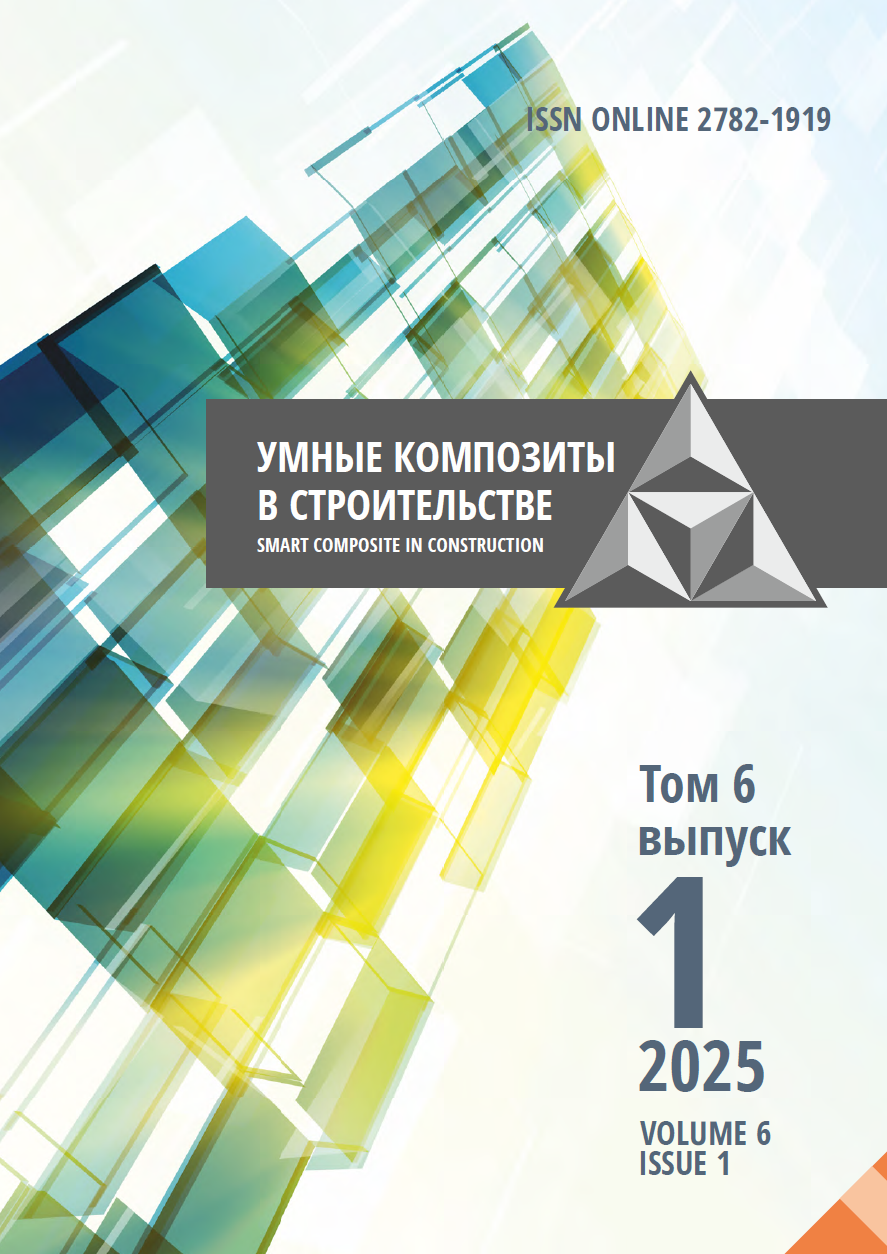The Moscow State Technical University - MADI
Yaroslavl, Yaroslavl, Russian Federation
Moscow, Moscow, Russian Federation
Ivanovo, Ivanovo, Russian Federation
Yaroslavl, Yaroslavl, Russian Federation
The paper investigates the factors affecting the effectiveness of cold recycling technology for road repair. The authors have investigated the effect of asphalt granuloconcrete composition on indirect split tensile strength and water resistance coefficient. The authors applied the method of response surface order estimation in orthogonal planning for two factors. The arguments of bar diagrams with numerical values of the function and applications are given on the plan view. Using the deformable simplex method, the authors constructed and characterised the expected three-dimensional shape of the response surface. The results minimise the time required for design work in road construction and achieve significant savings on materials and labour.
cold recycling, asphalt granular concrete mix, road pavement, strength, water resistance, experiment planning
1. Yarmolinsky, V.A. and Budanova, E.S. (2024), Kholodniy resayikling dorozhnykh konstruktsiy: ucheb. posobie [Cold recycling of road structures: textbook], Moscow: Moscow Automobile and Road State Technical University, 112 p. (in Russian).
2. Technology of cold recycling [Electronic resource]. Available at: http://media.wirtgen-group.com/media/02_wirtgen/infomaterial_1/kaltrecycler/kaltrecycling_technologie/kaltrecycling_handbuch/_RU (accessed 12.11.2024) (in Russian).
3. Nikishin, V.E. (2020), "Experience of application of resource-saving cold recycling technology", Technical regulation in transport construction, vol. 1, no. 40, pp. 15-18 (in Russian).
4. Yarmolinsky, V.A. and Budanova, E.S. (2024), “Impact of asphalt granuloconcrete mixes composition on the efficiency of cold recycling”, Bulletin of the Moscow Automobile and Road State Technical University, vol. 2, no. 77, pp. 3-10 (in Russian).
5. Budanova, E.S. and Yarmolinsky, V.A. (2022), "Cold recycling. Improving the efficiency of use in the territory of the Russian Federation", Smart Composite in Construction, vol. 3, no. 2, pp. 54-67 [online]. Available at: http://comincon.ru/index.php/tor/issue/view/V3N2_2022 (In Russian) (accessed 12.12.2024).
6. Yarmolinsky, V.A. and Zhabkin, M.O. (2021), Selection of the optimal amount of binder during cold recycling of asphalt concrete pavements, Bulletin of Moscow Automobile and Road State Technical University, vol. 2, no. 65, pp. 49-55 (in Russian).
7. Lazareva, T.L. and Yarmolinskaya, N.I. (2020), "Optimisation of cold asphalt-concrete mixture composition to improve the efficiency of repair works on motor roads in the south of the Far East", Transport: nauka, tekhnika, upravlenie: nauchno. inform. sb., no. 6, pp. 9-14. DOIhttps://doi.org/10.36535/0236-1914-2020-06-2 (in Russian).
8. Budanova, E.S., Yarmolinsky, V.A., Borisov, A.S. and Kuchinov, N.S. (2024), "Challenges of effective use of cold-in-place recycling technology of road pavements", Smart Composite in Construction, vol. 5, no. 1, pp. 31-42 (in Russian).
9. Yakontseva, O.V. and Shchepeteva, L.S. (2020), "Influence of asphalt concrete grain composition on physical and mechanical properties", Transport. Transportnye sooruzheniya. Ekologiya, no. 3, pp. 71-76. DOI: https://doi.org/10.15593/24111678/2020.03.09 (in Russian).
10. Kudryavtsev, A.N. (2021), Consideration of Structural Fractures of Unreinforced Stone Base Material in Design of Road Pavements. Diss. of cand. tech. sc. Moscow, Russia, 213 p.
11. Elsufiev, K.A., Muravyeva, Ya.I. and Vdovykh, P.E. (2017), ‘Nelder-Mida optimisation method’, Breakthrough scientific research: issues, patterns, perspectives: collection of proceedings of IX Mezhd. nauch.-prakt. conf.: in 4 parts. Penza, 30 December 2017, part 1, Penza: ‘Nauka i Prosveshchenie’, pp. 113-116 (in Russian).







